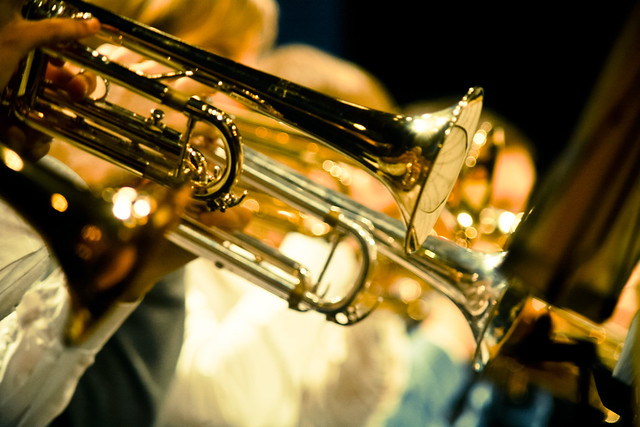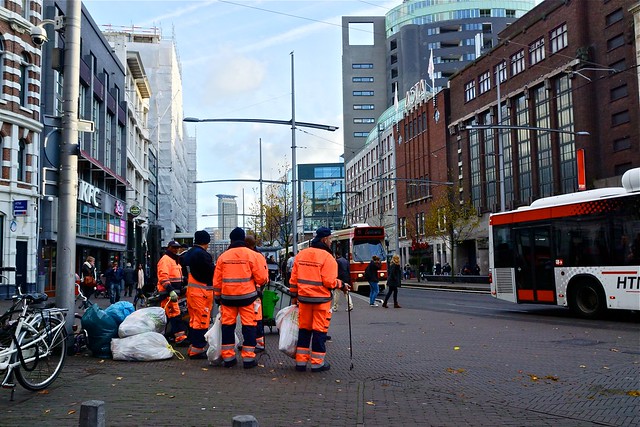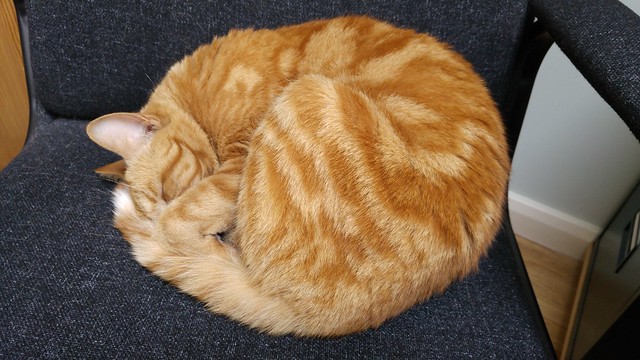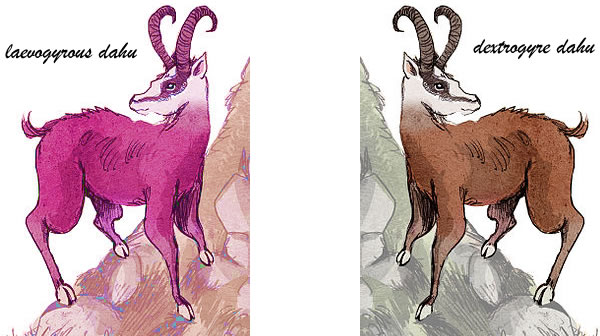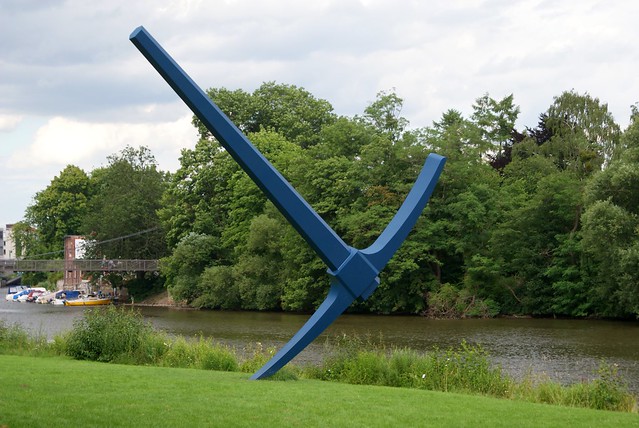Last night while talking about the weather in French, as you do, one expression that came up was une trombe d’eau, which means a cloudbust, downpour or waterspout [source]. There have been several of these this week.
The word trombe [tʁɔ̃b] on its own means waterspout or whirlwind [source]. It comes from the Italian tromba (trumpet, horn, bugler, well, shaft), possibly from the Frankish *trumba (trumpet), which is of imitative origin [source].
Other phrases featuring trombe include:
- entrer en trombe = to burst in, storm in
- sortir en trombe = to burst out, storm out
- partir en trombe = to accelerate away
- passer en trombe = to zoom past, hurtle past
A related word from the same roots is trompe [tʁɔ̃p], which means a trumpet, the trunk of an elephant [source] or a squinch (a small arch, corbelling, etc, across an internal corner of a tower, used to support a superstructure such as a spire) [source].
Another word with the same roots is tromper [tʁɔ̃.pe] (to deceive, cheat on, disapoint, elude), which comes from the Old French tromper (to tramp, trump, delude), from trompe (horn, trump, trumpet) [source].
The English word trumpet also comes from the same roots, via the Old French trompette (trumpet), a diminutive or trompe [source]. As does the word trombone, via the Italian trombone (trombone, annoying or boring person), from tromba (trumpet) and -one (augmentative suffix) [source].
The trump an elephant makes, which is also a slang word for flatulence in the UK, and used to mean a trumpet, comes from the Old French French trompe (horn, trump, trumpet) [source]. However trump as in a trump card or a suit in cards is thought to come from the French triomphe (triumph), or the Old French triumphe, from the Latin triumphus (a hymn in honour of Bacchus, a triumph or celebration), from the Old Latin triumpus, from the Etruscan *𐌈𐌓𐌉𐌀𐌌𐌐𐌄 (*θriampe), from the Ancient Greek θρίαμβος (thríambos – a hymn to Dionysus) [source].
